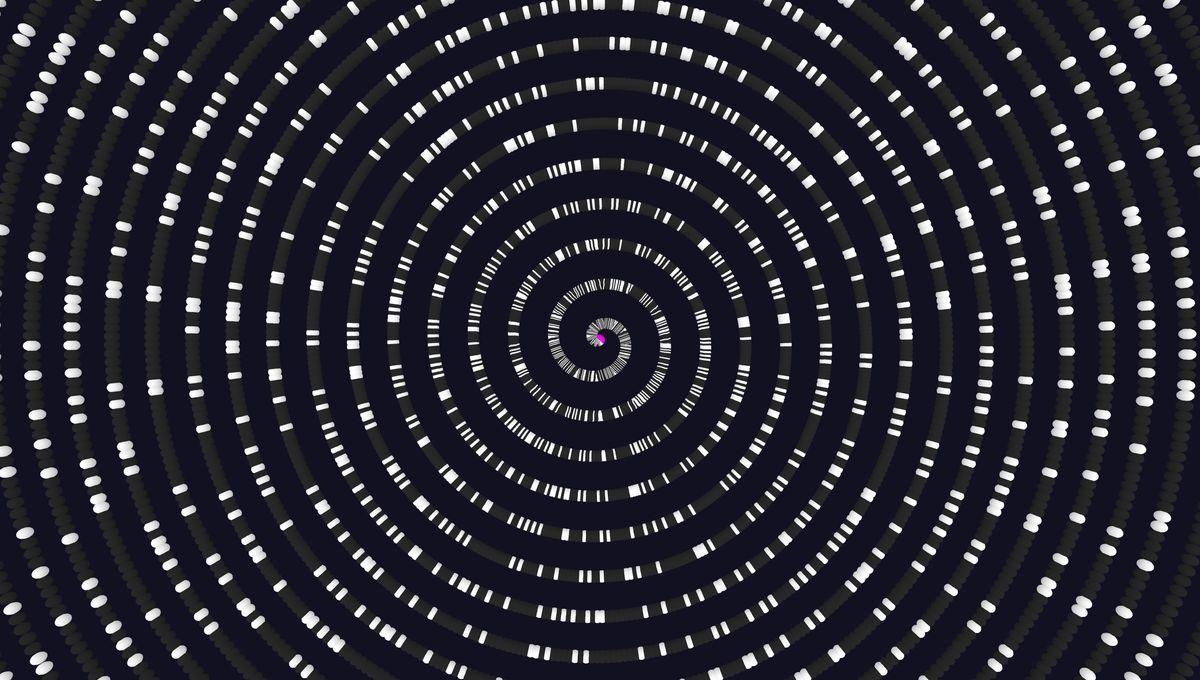
Ask just about any mathematician, and they’ll tell you the same thing: you can’t predict the primes. Indeed, the pseudorandomness of these building blocks of mathematics – defined as numbers that can only be divided by themselves and one – is as close to a truism as you can get in the subject. Or is it?
According to researchers from City University of Hong Kong and North Carolina State University, the answer may be no. “Our team has devised a way to predict accurately and swiftly when prime numbers will appear,” said Way Kuo, Senior Fellow at the Hong Kong Institute for Advanced Study, City University, in a statement. Revealing a system the team have labeled the “Periodic Table of Primes”, or PTP, it’s a development he describes as “genuinely revolutionary” in the field of number theory.
“The PTP provides a platform to make the study of primes clearer and easier,” declares the working paper, which has yet to undergo peer review.
“Three major contributions made in the article are the Formula of Primes, the Periodic Table of Primes, and the Counting Functions for Primes and Twin Primes,” it continues. “These findings provide answers to questions of interest to the academic community, such as finding a future prime, factoring an integer, illustrating the fundamental theorem of arithmetic, predicting the total number of primes and twin primes or estimating the maximum prime gap within an interval, among others.”
If none of that sounds familiar to you, then trust us: it’s basically a Greatest Hits of Interesting Shit From Number Theory. These are questions people have been asking for centuries, if not longer, and they’re related to some of the most famous unsolved problems in math.
But even if you’re not a math wonk, this would be an important breakthrough. In the modern world, prime numbers are far more than a niche quirk of arithmetic – in fact, they underpin just about everything we do. “One of the most widely used applications of prime numbers in computing is the RSA encryption system,” pointed out Ittay Weiss, a teaching fellow in the University of Portsmouth Department of Mathematics who was not involved in the new paper, in a 2018 article for The Conversation. “The system […] allows for the secure transmission of information – such as credit card numbers – online.”
“Large prime numbers are used prominently in other cryptosystems too,” added Weiss. And for most of their applications, the unpredictability of the prime numbers is an intrinsic part of their usefulness: RSA, for example, relies on the difficulty of prime factorization, so figuring out a way to predict them could make encryption and decryption of information that much easier.
Of course, whether or not this breakthrough is as groundbreaking as it seems is, technically, yet to be seen. The paper is still a preprint – which as mentioned above, means it’s yet to be peer-reviewed – and it’s potentially worth noting that none of the three authors are mathematicians by trade. That’s not to say that such results are impossible for those outside of the math club – Banach was an engineer, for example; Nightingale was a nurse – but we’re talking about things that have stumped math’s greatest minds for millennia. You’ve got to admit, the pressure’s on.
The research can be found on the SSRN preprint repository.
Source Link: Prime Numbers Could Be Predictable, Says Huge Potential Mathematical Breakthrough